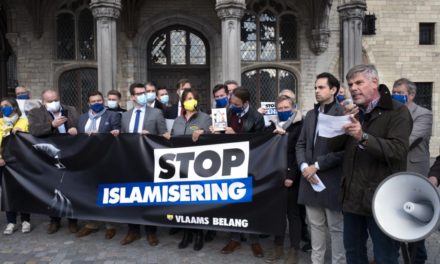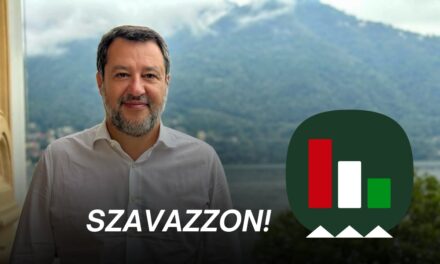Of course, the opposition media, deceiving the voters, accepts the false claims without criticism.
Virtually all economic statements of the politician from Tisza are false or incorrect based on the collection of the Transparent Journalism Foundation.
As is well known, Péter Magyar gave a speech on October 23rd in Széna Square - in which he succeeded (similar to his role in the public media) in making almost exclusively controversial or outright false statements regarding Hungary's economic situation. Now it was the Foundation for Transparent Journalism that corrected the politician from Tisza , as his claims were accepted by the opposition press without criticism.
1. Hungary is NOT the poorest country in the EU
In his speech, Péter Magyar emphasized that "in twenty years, Orbán and Gyurcsány have turned Hungary from a student to the poorest and most corrupt country in the European Union" . On the other hand, based on the collection of the Transparent Journalism Foundation, "the claim that Hungary is the poorest country in the European Union does not hold up. The data on consumption aggregation, which also circulates in the press, shows a misleading picture of the country's situation. The consumption aggregation does not take into account the country's GDP data, as well as employment and poverty data. Therefore, the data indicated in so many places can only be interpreted in a limited way, and any kind of conclusion from this is considered misleading. The issue of poverty is much more complex than that, we cannot get accurate and relevant information by examining a single indicator." The Ministry of National Economy also confirmed this:
In Hungary, the gross savings rate of the population increased even further from the previously high level and exceeded the level of 21 percent, which is the highest value within the Union. Therefore, Hungarian families do not spend their income, but save, "which is why it can lead to false information if we only examine consumption indicators in such a question."
"And if we also examine other economic indicators, such as GDP or GDP per capita, we can say that Hungary is not an army driver in the EU in any case," they noted.
2. It has not been proven that Hungary is the most corrupt country in the EU
"Every year, Transparency International publishes the Corruption Perception Index, based on which some actors in the Hungarian media mistakenly draw the conclusion that Hungary is the most corrupt country in the EU. However, this research does not measure corruption, but rather the extent to which citizens feel corruption. Transparency writes about the index on its website:
»The Corruption Perceptions Index is a complex indicator that is based on corruption-related data from expert surveys conducted by various independent and recognized institutes.«"
The foundation asked the big question: "so the result can be questioned even in terms of its methodology, since who are the "independent and recognized institutes"? But even if we were to accept the methodology, the result would not show how much corruption actually is, but rather how widespread the residents think corruption is in the given country, based on their own statements."
3. It is not true that "Orbán is settling tens of thousands of Asian migrants in rural towns and villages"
In his speech, Péter Magyar also complained about migrant resettlement, because according to him, "the Orbáns are resettling tens of thousands of Asian migrants in rural towns and villages" . The reality here is also different: "Although the government has indeed opened the door to Asian workers in order to address the labor shortage, especially from countries like Vietnam, these workers come within an approved framework and often work as guest workers in Hungary, primarily in industrial sectors.
However, it is not the case that the government is settling migrants by the tens of thousands in rural areas, as the claim suggests. The majority of Asian workers are present on a temporary basis and serve the country's labor market needs."
4. The Hungarian economy is not stagnant either
Telex communicated this statement to the leader of the Tisza Party, in which he explains that "the economy is stagnating, industrial production is falling and the national debt is constantly increasing." However, the collection of the Transparent Journalism Foundation shows that
In the second quarter of 2024, the performance of the Hungarian economy exceeded the level of a year earlier by 1.3%.
According to Eurostat data, the Hungarian GDP growth is therefore in the top category and reached the 8th best place in the European Union.
5. Péter Magyar did not manage to tell the truth about the national debt either
The statement about the increase in public debt is not entirely true either. Because in 2020, Hungary's public debt was 80.1%, according to data from the KSH. By 2021, this number was already 76.8%, by 2022 it was 73.9%, and by 2023 it was 73.5%, which means that the public debt in proportion to GDP of Hungary has continuously decreased over the last four completed years.
Featured image: Illustration/Civils. Info graphics













